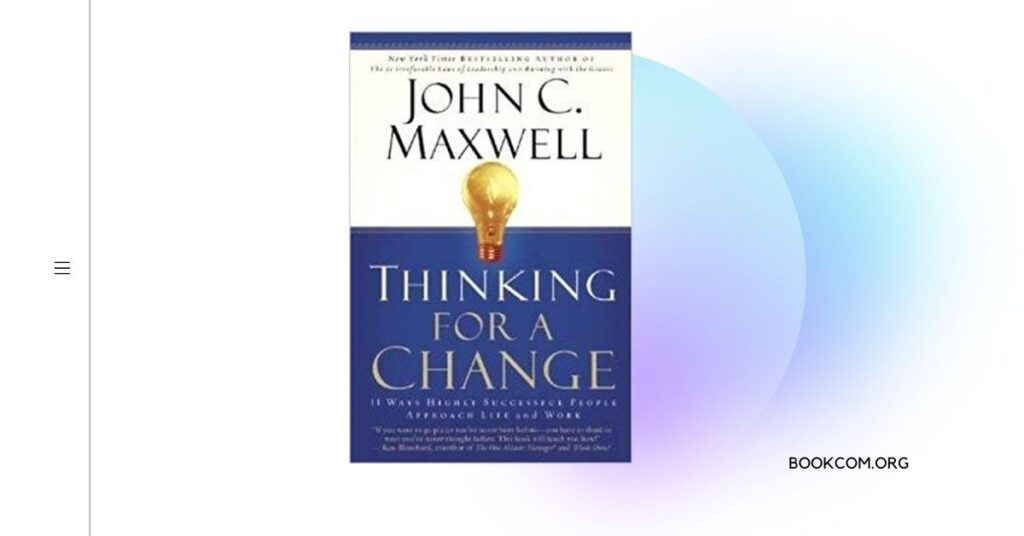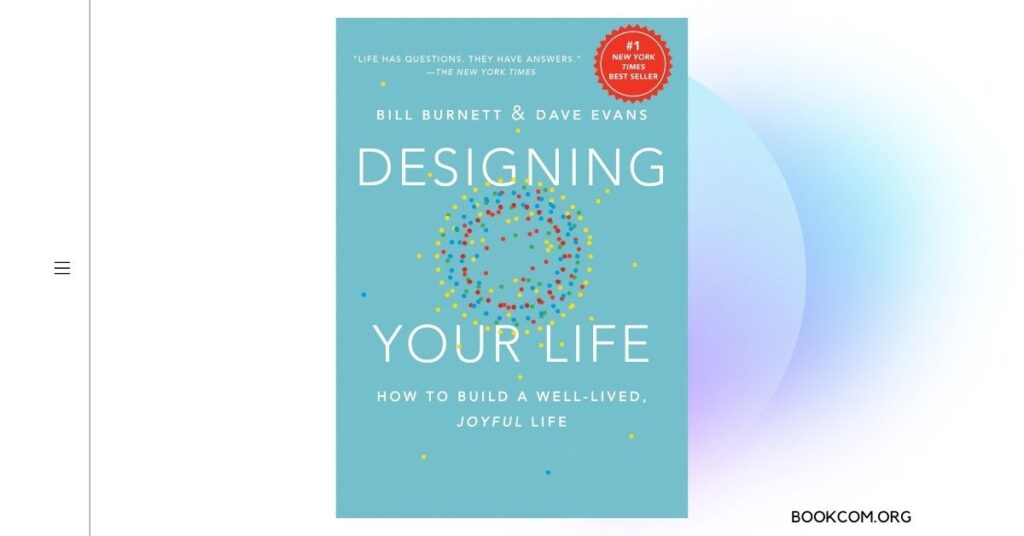In our fast-paced and demanding world, prioritizing self-care and well-being is crucial for maintaining happiness and overall success. “The Happiness Advantage” offers valuable insights and practical strategies for cultivating self-care and well-being. This article explores five key lessons derived from “7 Practices for Self-Care and Well-being from ‘The Happiness Advantage'”. These lessons provide valuable insights, practical tips, and unique perspectives that engage readers and establish authority on the subject matter of self-care and well-being. As the importance of self-care continues to reshape the way companies are built and new products are launched, let’s uncover the key lessons that can empower us to prioritize our well-being and unlock happiness.
Lesson 1: Practice Gratitude
“The Happiness Advantage” highlights the power of gratitude in enhancing our well-being. Practicing gratitude involves acknowledging and appreciating the positive aspects of our lives, fostering a positive mindset and overall happiness.
Practical Tip: Start a gratitude journal and write down three things you are grateful for each day. This practice shifts your focus towards the positive aspects of your life, cultivating a sense of contentment and happiness.
Lesson 2: Engage in Regular Exercise
Regular exercise is a key practice for self-care and well-being. “The Happiness Advantage” emphasizes the benefits of physical activity in reducing stress, improving mood, and enhancing overall well-being.
Practical Tip: Incorporate exercise into your daily routine. Find activities that you enjoy, whether it’s going for a walk, practicing yoga, or participating in a sport. Aim for at least 30 minutes of moderate exercise most days of the week.
Lesson 3: Cultivate Mindfulness
Mindfulness is a practice that allows us to be fully present in the moment, reducing stress and enhancing overall well-being. “The Happiness Advantage” highlights the importance of incorporating mindfulness into our daily lives.
Practical Tip: Set aside dedicated time each day for mindfulness practice. This can include meditation, deep breathing exercises, or simply observing your thoughts and sensations without judgment. Cultivating mindfulness helps you develop a greater sense of clarity and inner peace.
Lesson 4: Prioritize Sleep
Adequate sleep is essential for our physical and mental well-being. “The Happiness Advantage” emphasizes the role of sleep in restoring our energy, improving cognitive function, and promoting overall happiness.
Practical Tip: Establish a consistent sleep routine and aim for 7-9 hours of quality sleep each night. Create a sleep-friendly environment by minimizing distractions, practicing relaxation techniques before bed, and avoiding electronic devices before sleep.
Lesson 5: Foster Social Connections
Building and nurturing social connections is vital for our well-being. “The Happiness Advantage” underscores the importance of meaningful relationships and social support in promoting happiness and resilience.
Practical Tip: Make time for social interactions and cultivate meaningful connections with friends, family, and colleagues. Engage in activities that foster social connections, such as joining clubs, volunteering, or attending social events. Reach out to others and offer support, as it enhances both their well-being and yours.
The practices for self-care and well-being outlined in “The Happiness Advantage” offer valuable insights and practical tips for cultivating happiness and resilience in our lives. By practicing gratitude, engaging in regular exercise, cultivating mindfulness, prioritizing sleep, and fostering social connections, we can enhance our overall well-being and unlock a happier, more fulfilling life. Let’s incorporate these lessons into our daily routines and embrace the power of self-care and well-being to navigate the challenges of our modern world with joy and vitality.



